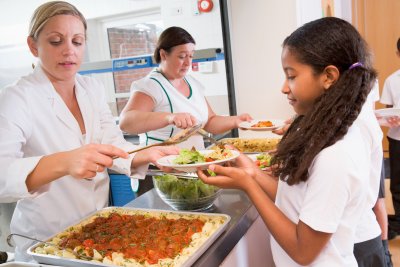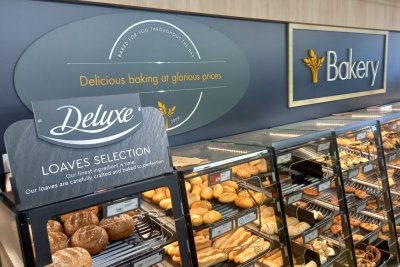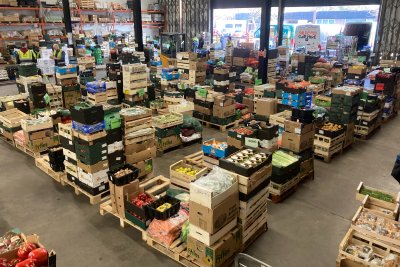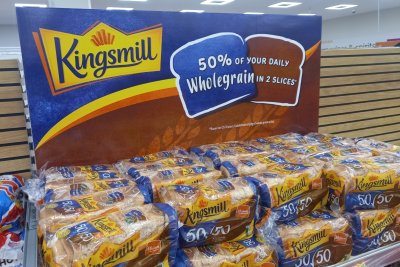Wheat shortage?
Use more of it, says Chris Young.
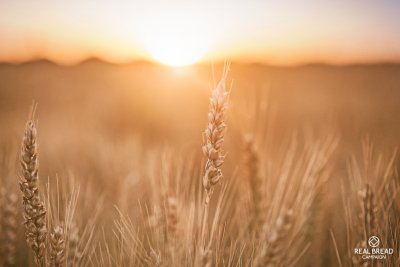
While wet weather means that farmers in some parts of the UK, notably Scotland, are still struggling to harvest their wheat, most of the UK’s 2024 crop is now in.
The forecast is not looking good, though. In England alone, the yield is predicted to be down by perhaps around 18% (2.2m tonnes) from 2023, which would make it the third worst harvest since records began in 1983. The later the rest can be brought in, the more likely it is to be downgraded to animal feed, or altogether lost to disease.
Love Real Bread? Join the Campaign!
What does this mean for bread?
Usually, the UK is largely self-sufficient in milling wheat. According to industry body UK Flour Millers, of roughly 6.2m tonnes used to make flour each year, on average only around 15% (750k tonnes) is imported – mainly from Germany, France, USA and Canada.
This year’s predicted shortfall means that we might well end up importing more to meet our needs. This will make millers, bakers and - ultimately – shoppers more susceptible to the fluctuating pricing whims of traders on the international commodity market.
Other pieces of the puzzle
The food system is a jigsaw and we mustn’t forget that emergency imports should only be part of the solution. Two main ways that bakers and the rest can help to balance the scales are:
- Make and buy/eat more wholemeal (or, at least, browner) baked products.
- Throw less away.
Depending on whose figures you believe, perhaps around 12 million loaves a day are sold in the UK. Something like 80-85% of these are said to come from Chorleywood Process production lines, and another 15-17% from supermarket in-store bakeries / loaf-tanning salons. While the onus for using more of the grain and throwing less food away therefore largely rests on industrial dough fabricators and their customers, Real Bread lovers also have our roles to play.
Wi’ summit tekken out
Perhaps around 60-70% of loaves sold in the UK are white. In a 2024 True Loaf article, Alexandra Vaughan quoted Gilchesters’ co-founder Andrew Wilkinson pointing out that white flour, produced by the most ‘efficient’ industrial roller mills, represents around 82% of the whole grain. I’ll leave someone else to do the back-of-a-fag-packet* calculation of how much less wheat we’d need to import if all of that remaining 18% went into the flour we bake with.
Nice though the thought might be, however, getting the entire nation to switch to wholemeal is unrealistic. As one brand found to its cost in 2023, even nudging people to enjoy a more flavourful (and healthier) slightly less white loaf can be a marketing challenge. Still, it’s one to which the Real Bread Campaign encourages bakeries (of all types and sizes) to rise.
*Or is it a vape packet these days?
Waste not
According to WRAP, UK households throw away something like 25 million slices (equivalent to 1.3 million loaves) every day. Frankly, I reckon that (given the investment of time and love to make, or money to buy, it) people value Real Bread and so waste hardly any of it. We have, however, jotted notes on ways to ensure that all of it ends up in bellies, not bins.
Finding figures for how much gets lost/wasted upstream (anywhere between the field and your front door) is harder. It’s up to the Big Bakers and supermarkets to put their houses in order. Meanwhile we’ve produced the No Loaf Lost guide to help small bakeries with their surplus and waste reduction.
The future
Thinking ahead, what do we need to do to ensure that we are self-sufficient in the years ahead? How do we make our grain supply resilient to emerging challenges, including the shifting weather conditions that the climate crisis is generating†, and resistance of pests to agrochemical ‘plant protection products’? These are issues that the UK's emerging regional non-commodity grain networks are working on.
†While working on sustainable farming and food system response the climate crisis.
Continue the conversation
If you fancy researching and writing an article for us to publish about breeding and selection of grain types and mixes that are more naturally resilient, agroecological farming practices, or other topic that address such questions, please drop me a line.
See also
Published Wednesday 25 September 2024
Real Bread Campaign: Finding and sharing ways to make bread better for us, our communities and planet.

